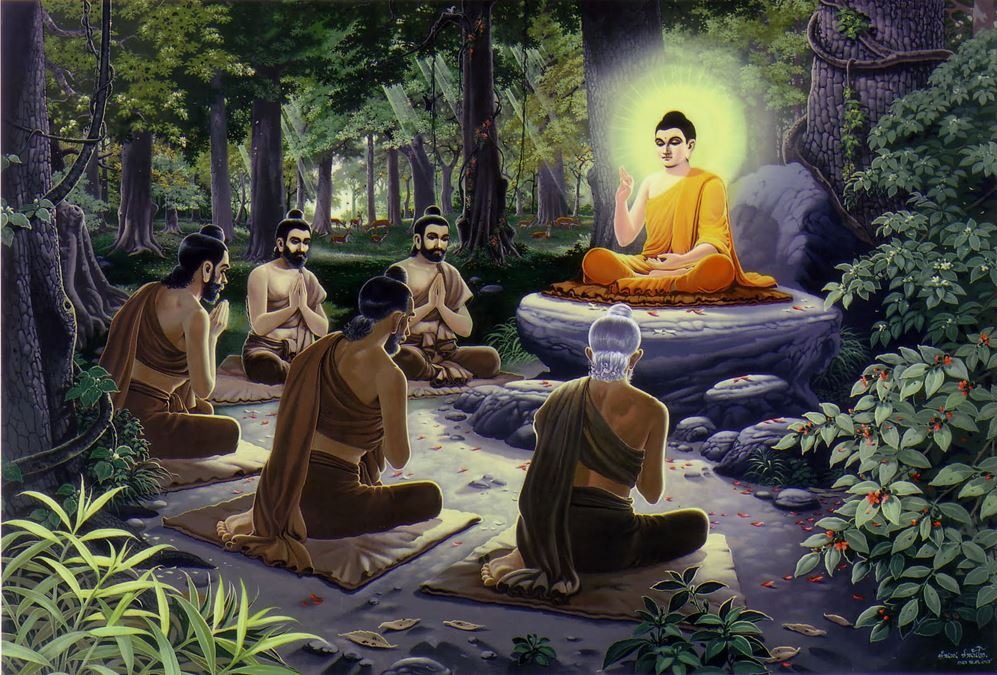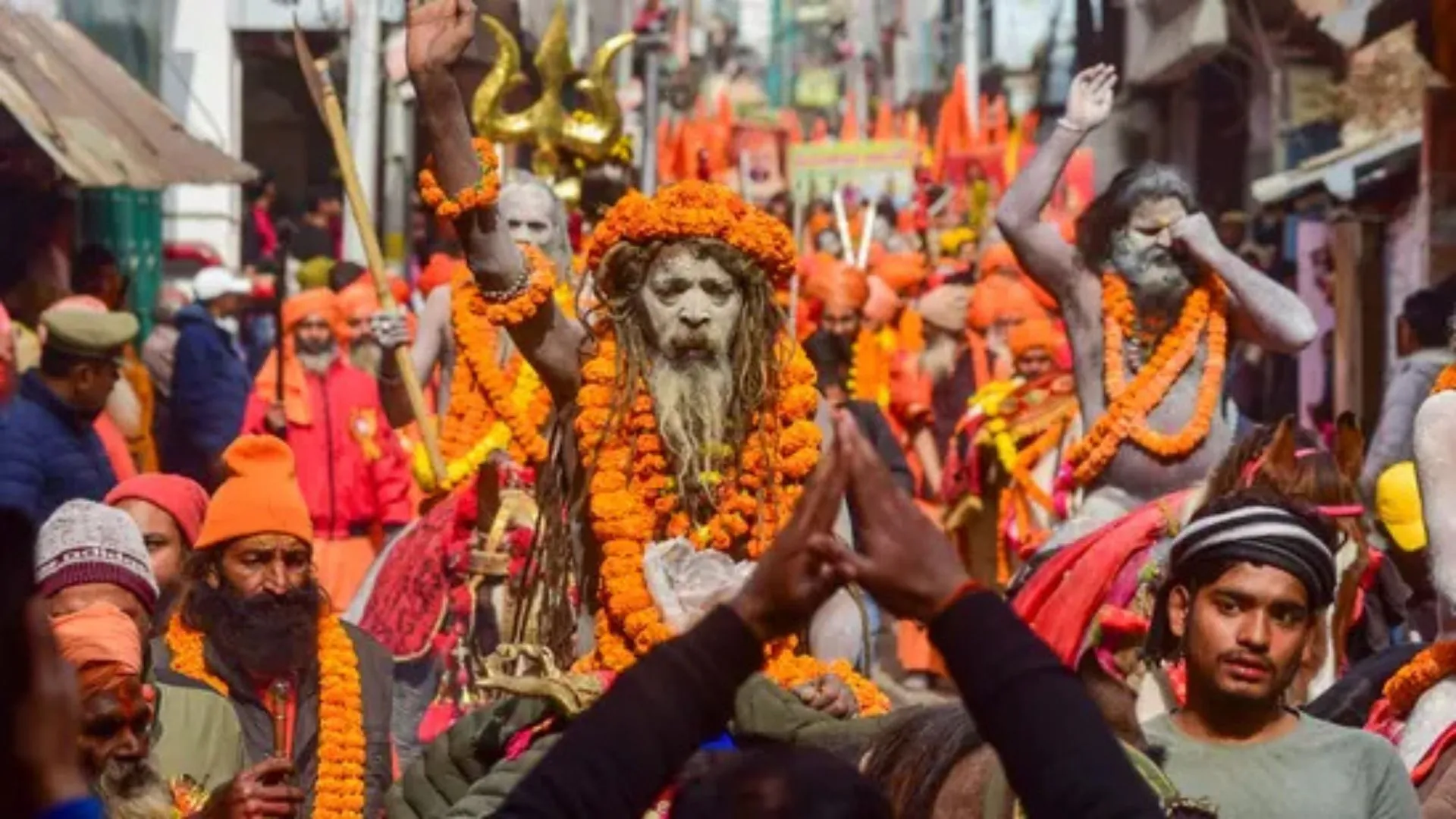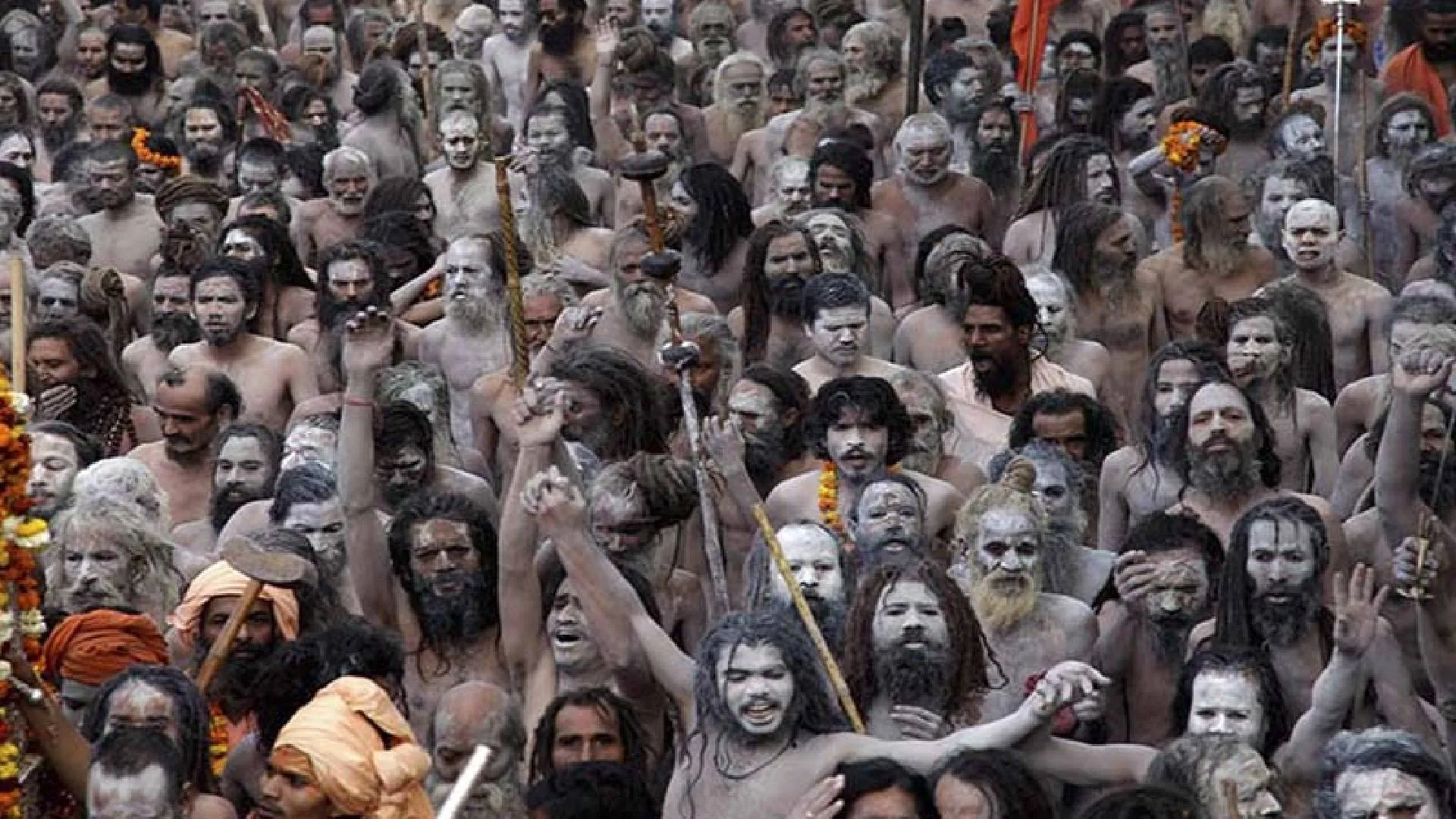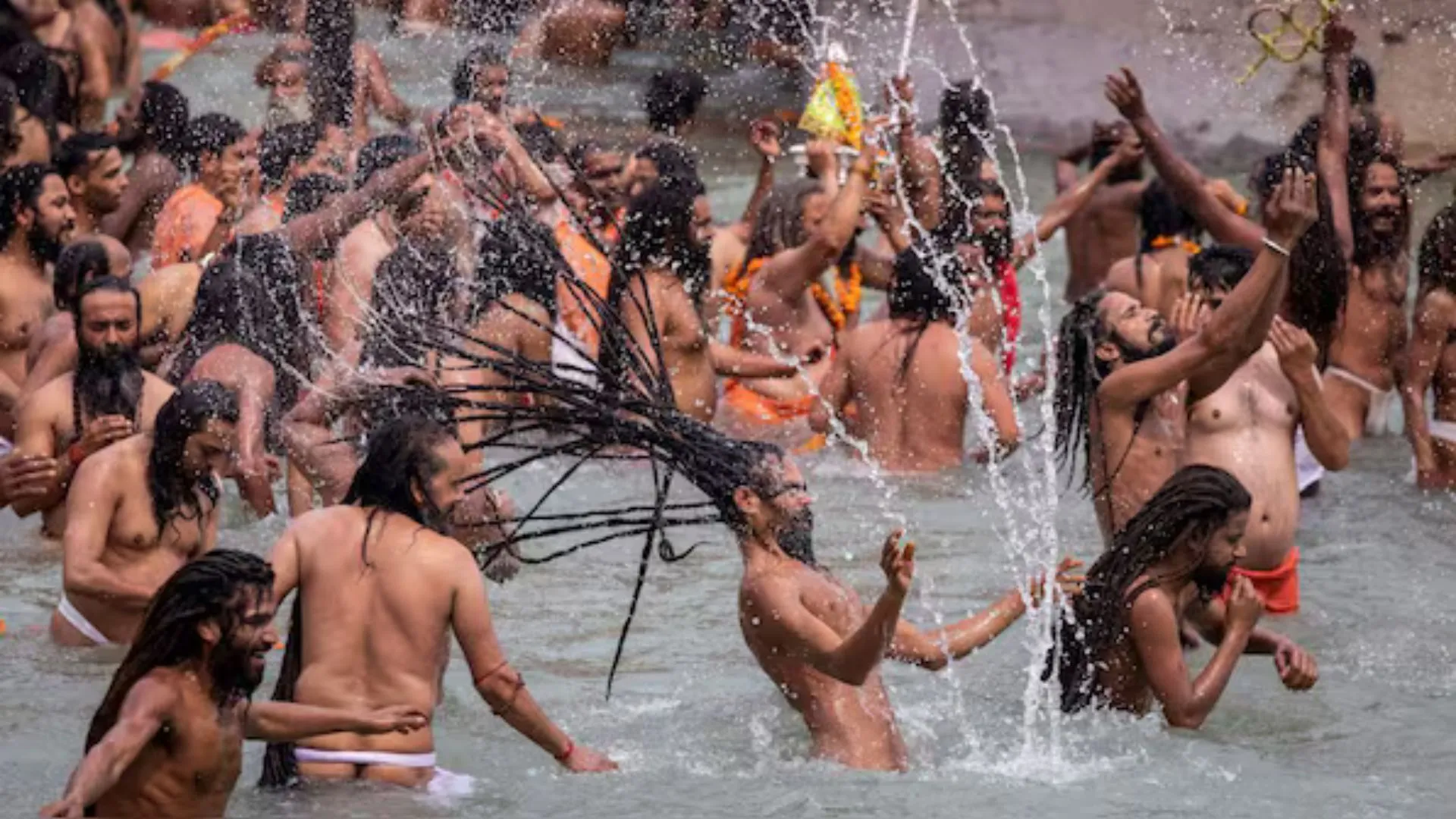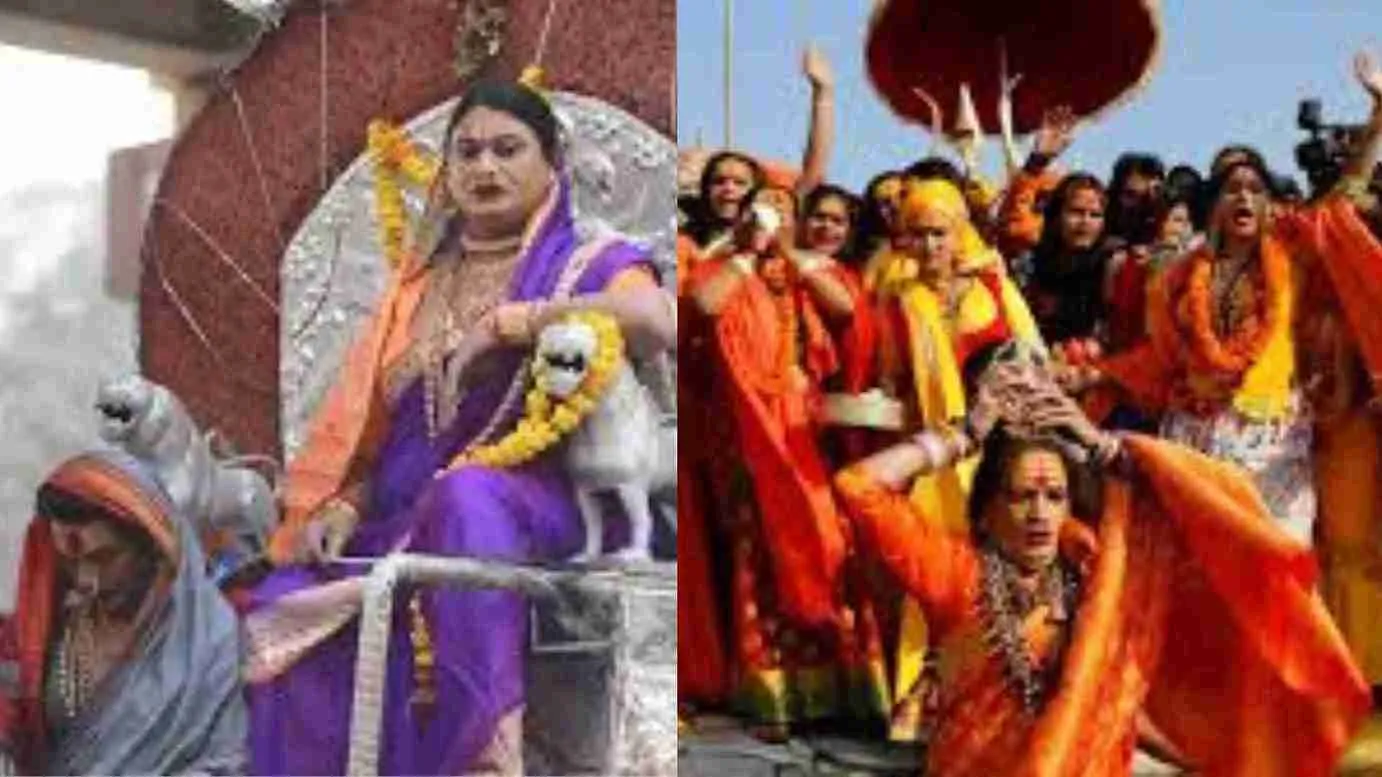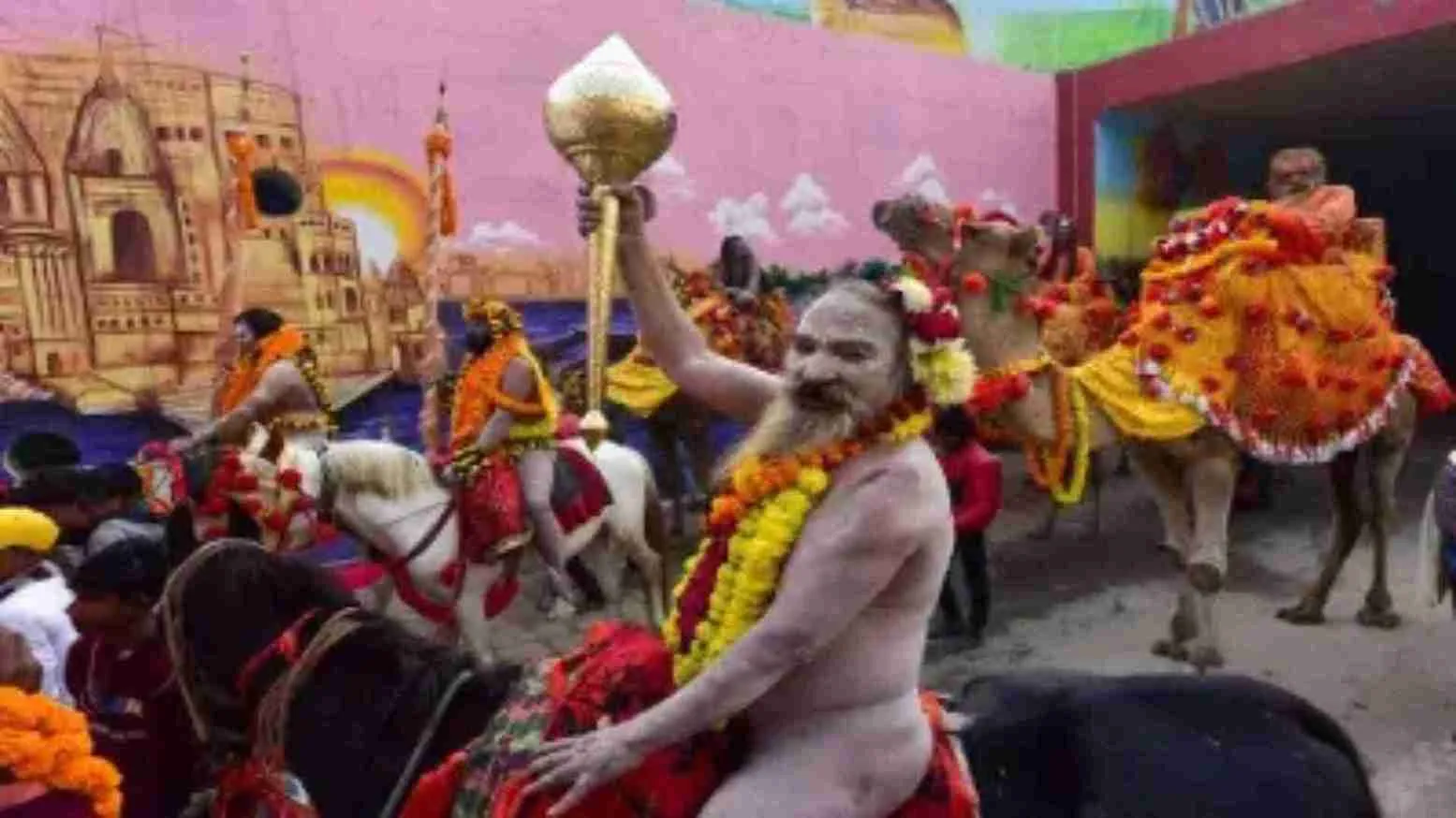Buddha Purnima, also known as Vesak or Buddha Jayanti, is a significant observance in the Buddhist calendar, commemorating the birth, enlightenment, and death (Parinirvana) of Siddhartha Gautama, the historical Buddha. This article explores the profound significance of Buddha Purnima and the diverse ways it is celebrated within Buddhist communities worldwide.
Buddha Purnima, also known as Vesak or Buddha Jayanti, is celebrated to commemorate the birth, enlightenment, and death (Parinirvana) of Siddhartha Gautama, the historical Buddha. The significance of Buddha Purnima lies in its commemoration of these pivotal events in the life of the Buddha and the profound impact his teachings have had on the world.
Birth of Buddha: Siddhartha Gautama, who later became known as Buddha, was born in Lumbini, Nepal, on a full moon day in the month of Vaisakha (April-May) according to Buddhist tradition. His birth symbolizes the advent of a spiritual leader who would illuminate the path to enlightenment for countless beings.
Enlightenment (Bodhi): Siddhartha Gautama attained enlightenment under the Bodhi tree in Bodh Gaya, India, on another full moon day in the month of Vaisakha. After years of intense meditation and spiritual practice, he realized the Four Noble Truths and the Eightfold Path, becoming the Buddha, the “Enlightened One.” His enlightenment marked the culmination of his quest for truth and the beginning of his mission to teach others the path to liberation from suffering.

Parinirvana (Death): Buddha Purnima also commemorates the death of the Buddha, which occurred on yet another full moon day in the month of Vaisakha. The Buddha’s passing into Parinirvana represents his final liberation from the cycle of birth and death (samsara) and serves as a reminder of the impermanence of life and the ultimate goal of spiritual realization.
By celebrating Buddha Purnima, Buddhists honor the life, teachings, and legacy of the Buddha. It is a time for reflection, meditation, and renewal of commitment to the path of awakening. Through rituals, prayers, acts of generosity, and cultural festivities, devotees express their reverence for the Buddha and strive to embody his teachings of compassion, wisdom, and liberation. Buddha Purnima serves as a sacred occasion for Buddhists to deepen their understanding of the Dharma (the Buddha’s teachings) and to cultivate inner peace, compassion, and mindfulness in their lives.
Gautama Buddha’s birth chart consisted of these astrological placements – Cancer Ascendant, Moon in Libra and Sun placed in the fierce Mars. The noteworthy fact in his Kundli is that there are 5 planets aspecting the Moon – Sun, Saturn, Jupiter, Venus, and Mars – that actually played a role in making His mind strong.
To have the benefits of great health, and bring true joy, and peace into your life, you must first harmonise your own mind. If you can attain liberation from the mind, all the goodness of life will naturally flow to you, which would lead you to the path of Enlightenment. And in order to balance your mind, you must strengthen the Moon in your birth chart.
Similar to Buddha, if you were born during the Full Moon, you might be a natural idealist. You may invest your time mostly seeking the truth. You may also find it tough to be involved in the pleasures offered by relationships of the earthly realm. And at one point in life, you may as well go on the path of spirituality or dedicate your life for the good of others.
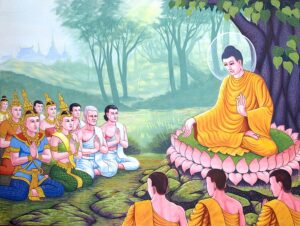
Benefits Of Observing Buddha Purnima
If you wish to attain the state of bliss or mental peace, Gautam Buddha is your true guide. He showed the world how luxury and simplicity are so different from one another. We suffer because we get tied to the materialistic pleasures more than anything else. This Vesak, try to walk the “Eightfold Path” if you wish to welcome peace in life. Maintaining the Eightfold Path is extremely important to truly celebrate Buddha Purnima.
Right View or Awareness – Knowing the truth
Right Intention – Freeing your mind of ill thoughts
Right Speech – Avoid hurting others
Right Action – Work for the benefit of others
Right Livelihood – Maintaining ethics in life
Right Efforts – Abstain from evil
Right Mindfulness – Practicing meditation
Right Concentration – Balance your thoughts
Overall, while Buddha Purnima is primarily a Buddhist festival, its observance in Hinduism underscores the interconnectedness of religious traditions and the mutual respect for enlightened beings and spiritual principles across diverse faiths. In this way, Buddha Purnima serves as a reminder of the universal quest for truth, compassion, and enlightenment that transcends religious boundaries.

